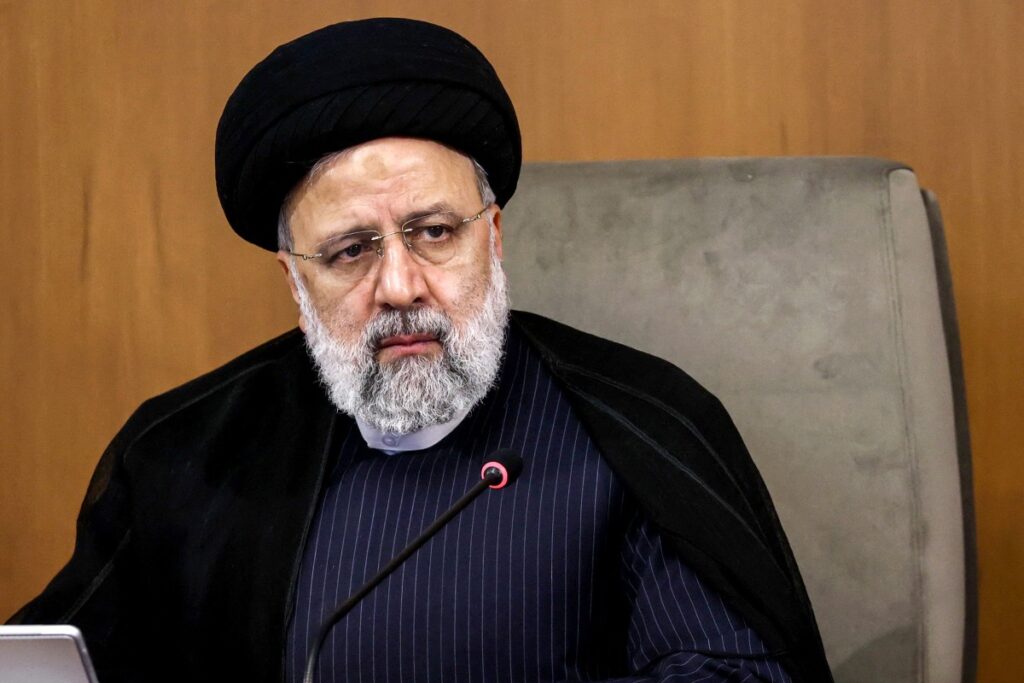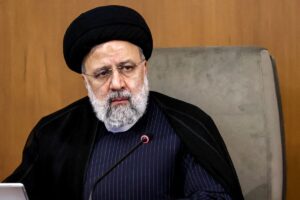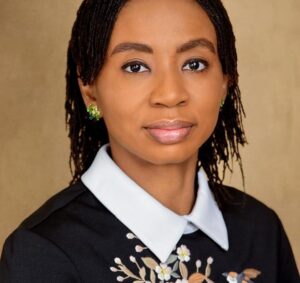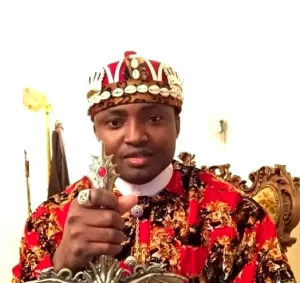

WHAT TO KNOW ABOUT LATE IRANIAN PRESIDENT EBRAHIM RAISI
Ebrahim Raisi was Iran’s hard-line president who died in a helicopter crash at the age of 63 on Sunday. He was a potential successor to Iran’s supreme leader, Ayatollah Ali Khamenei.
Early Life and Education:
Raisi was born in Mashhad, an important religious center for the Twelver Shiʿah. He began studying at the Qom religious seminary at the age of 15. Raisi racked up experience as a prosecutor in multiple jurisdictions before coming to Tehran in 1985. He became attorney general in 2014 for two years when he was appointed by Khamenei to lead the Astan Quds Razavi. Raisi initially ran for president in 2017, unsuccessfully challenging the re-election of former President Hassan Rouhani. He became president in 2021 amid low voter turnout and wide disqualification of reformist and moderate candidates.
Political Career:
Raisi was hawkish on Iran’s 2015 nuclear deal with world powers, or the Joint Comprehensive Plan of Action (JCPOA), which has been in limbo after former US President Donald Trump unilaterally withdrew from it in 2018. He was a champion of the strategic policy of “resistance” and “resilience” that Khamenei has adopted inthe face of the harshest-ever sanctions that Iran has faced – imposed after the nuclear deal fell through. A close ally of the IRGC, the late president was also a staunch backer of the “axis of resistance” of political and armed groups that Iran supports across the region, including in Iraq, Syria, Lebanon and Yemen.
Controversy:
Raisi was sometimes referred to as the “Butcher of Tehran,” due to his involvement in the mass execution of political prisoners in 1988. He was sanctioned by the US over his involvement in the mass execution of thousands of political prisoners in 1988. He supported the country’s security services as they cracked down on all dissent, including in the aftermath of the 2022 death of Mahsa Amini.
Connections:
Raisi’s credentials in the religious establishment are strong, with solid relationships with the late Khomeini. He has also managed to maintain good relations with all branches of government, military and legislative as well as the powerful theocratic ruling class.




